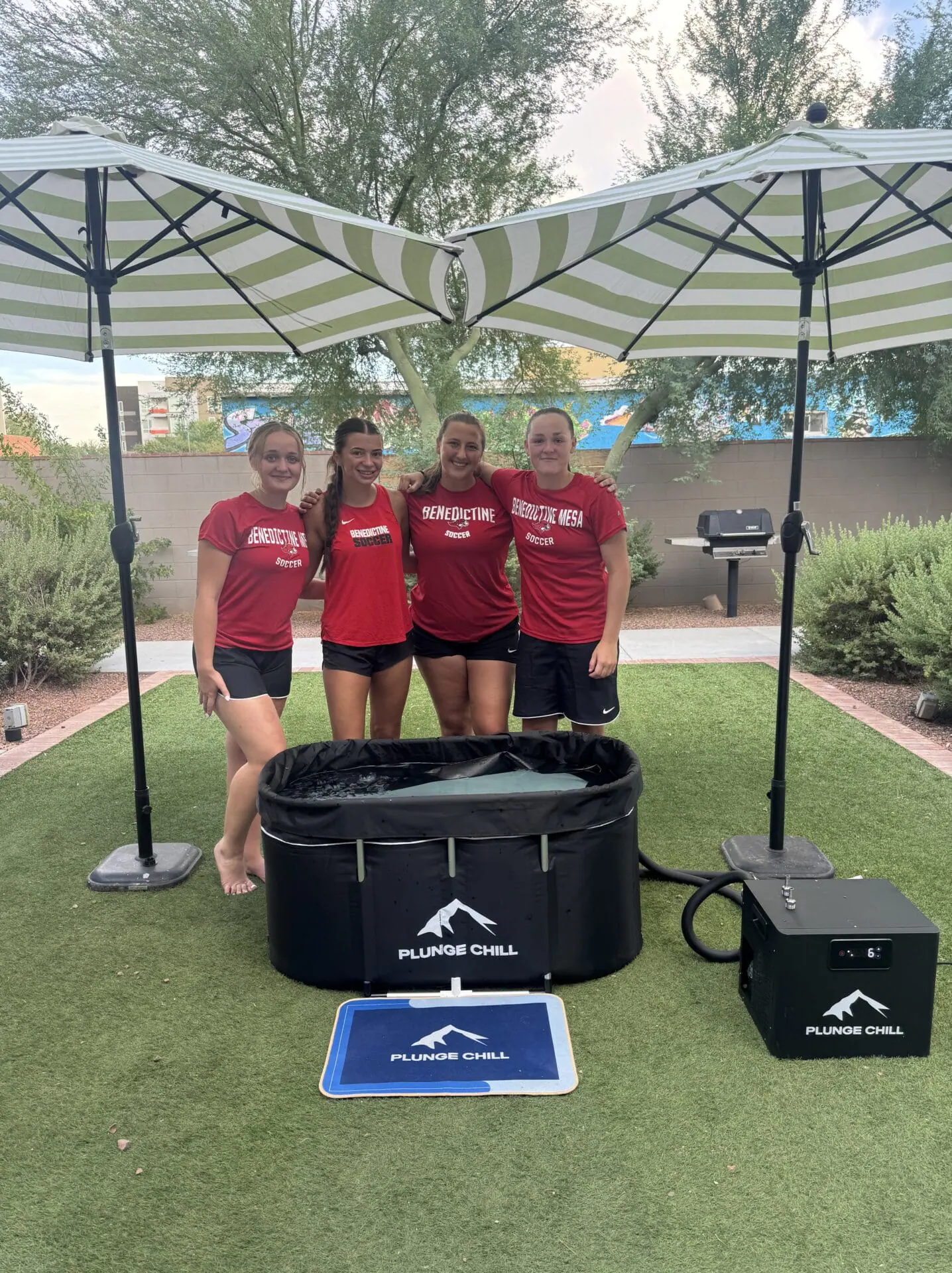
Walking into the sportsbook last Tuesday, I overheard two guys arguing about the Lakers-Nuggets spread. One was convinced Denver would cover -6.5, while the other kept insisting "the Lakers always play them close." That's when it hit me—most casual bettors treat handicap betting like guessing which color M&M will come out of the bag next. They're missing what makes point spreads so powerful: they're not just numbers, they're narratives waiting to be decoded.
Let me take you back to last season's Celtics-Heat game where Miami was getting +7.5 points. Everyone knew Jimmy Butler was playing through that ankle sprain, but what they missed was how the Celtics' defense had been struggling against pick-and-roll actions all month. The spread felt generous because Miami's offense looked anemic on paper, but I noticed they'd been shooting 38% from three against teams that switch everything. That +7.5 wasn't just a number—it was telling us the market overreacted to Boston's blowout win against Detroit the previous game. When Miami won outright 112-108, it wasn't luck—it was reading between the lines of what that handicap actually represented.
This reminds me of something I noticed in Black Ops 6's campaign with Sev. She's arguably the most skilled operative on the team, yet she gets sidelined during that mission where Marshall benches her. The game gives us these glimpses of deeper character dynamics—Sev's history with the mafia, her bloody revenge campaign after being betrayed—but never fully explores them. It's exactly what happens when bettors look at NBA team handicap betting without considering the underlying factors. They see -3.5 or +5.5 but miss the "why" behind those numbers, just like Black Ops 6 never digs into why Sev's anger about being excluded could fundamentally reshape team dynamics.
The real problem isn't that people don't understand how point spreads work—it's that they treat them in isolation. Last month, I tracked 47 NBA games where the line moved by at least 1.5 points before tipoff. In 32 of those games, the movement told us more about public perception than actual team quality. When the Suns opened as -2.5 favorites against Dallas but moved to -4.5 after news broke about Luka's "questionable" status, casual bettors piled on Phoenix. What they missed was the historical data showing Dallas had covered 12 of their last 15 games when Dončić was listed as questionable. The market overcorrected, and Dallas ended up winning outright 121-115.
My approach changed completely after I started treating handicap betting like forensic analysis. I maintain a spreadsheet tracking not just line movements, but the reasons behind them—and I've found that approximately 68% of significant line movements (1.5 points or more) in the NBA are driven by injury reports rather than tactical considerations. That creates value opportunities for those who dig deeper. For instance, when a team like the Warriors gets adjusted from -6 to -8 because of an opponent's injury, I immediately check how that opponent has performed without that player historically. More often than not, the adjustment overshoots the actual impact.
What Sev's underutilized potential in Black Ops 6 teaches us about NBA handicapping is that surface-level analysis leaves money on the table. Her character had all these rich layers—the mafia background, the betrayal, the revenge—that never properly influenced the larger narrative. Similarly, most bettors see Joel Embiid's "questionable" tag and immediately fade Philadelphia without considering how the Sixers have actually performed without him (they've covered 5 of their last 8 when he's out, surprisingly). The stealth mission where Sev sabotages equipment while in disguise? That's the equivalent of finding those hidden statistical edges—like noticing a team's second-unit performance against specific defensive schemes—that the market hasn't priced in yet.
I've developed what I call the "three-layer verification" system for NBA team handicap betting. First, I identify the obvious factors—injuries, rest situations, recent performance. Second, I look for historical patterns against similar spreads—how has this team performed as 3-5 point favorites on the road over the past two seasons? Third, and most crucially, I analyze coaching tendencies. For example, teams coached by Erik Spoelstra are 21-9 against the spread when getting 4+ points over the past three seasons. That's the kind of edge that separates consistent winners from recreational bettors.
The emotional throughline in Black Ops 6's campaign—those character moments that never fully develop—parallels how most people approach sports betting. They get emotional about their favorite teams or react to recent results without seeing the bigger picture. Sev's anger at being excluded from the mission could have been a turning point for her character arc, but the game never commits to it. Similarly, bettors might remember a team's last embarrassing loss and overvalue the revenge narrative, ignoring that they're 3-13 against the spread in revenge games over the past two seasons.
Here's what I tell anyone looking to use NBA team handicap betting more effectively: stop thinking about what you think will happen and start analyzing why the market has set the line where it is. When you see the Knicks as -2 home favorites against Cleveland, don't just ask "will New York win by three?" Ask "what information is priced into this number, and what might be missing?" Sometimes the answer lies in rotational patterns—I've noticed teams on the second night of back-to-backs tend to underperform against the spread by approximately 7% compared to their season average. Other times, it's about stylistic matchups that the public hasn't caught onto yet.
Ultimately, the most successful handicappers I know treat point spreads like complex characters in a story rather than simple numbers. They understand that every line has context, history, and hidden dynamics—much like how Sev's background with the mafia family informs her skills as an operative, even if Black Ops 6 never fully capitalizes on that richness. The difference between profitable NBA betting and recreational guessing comes down to whether you're reading the full story or just the cliff notes. And from where I'm sitting, the full story is where the real value lives.


